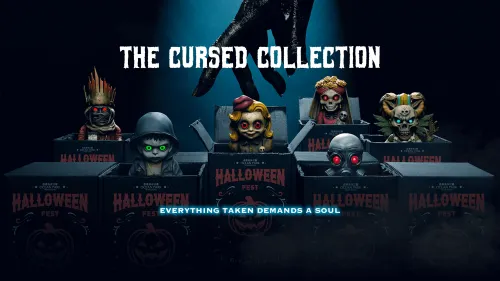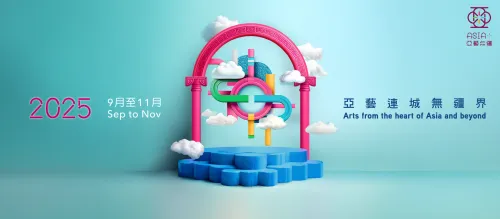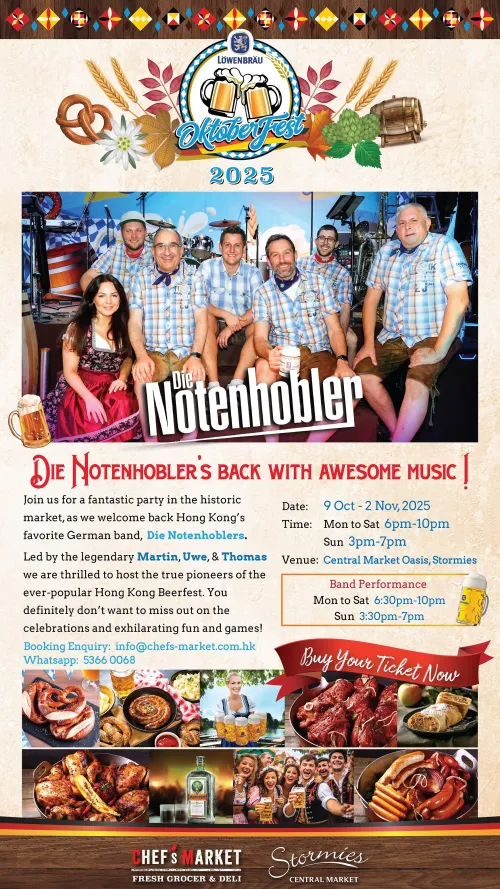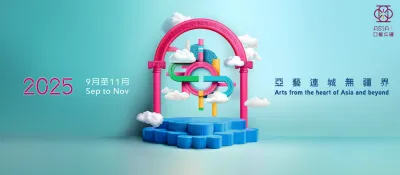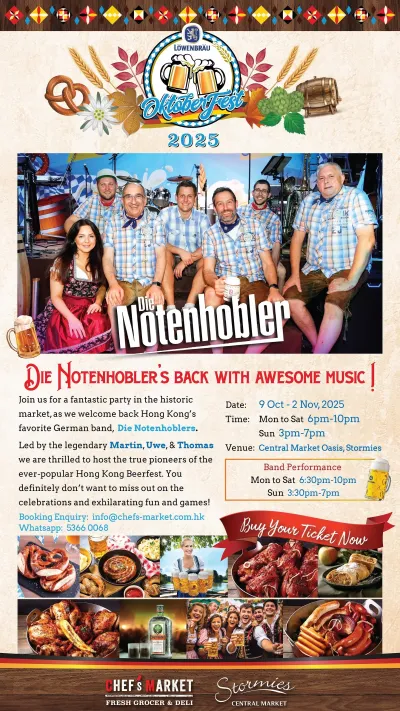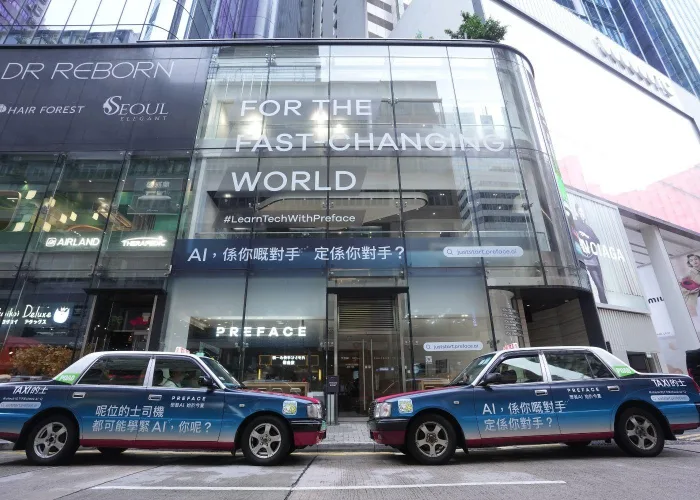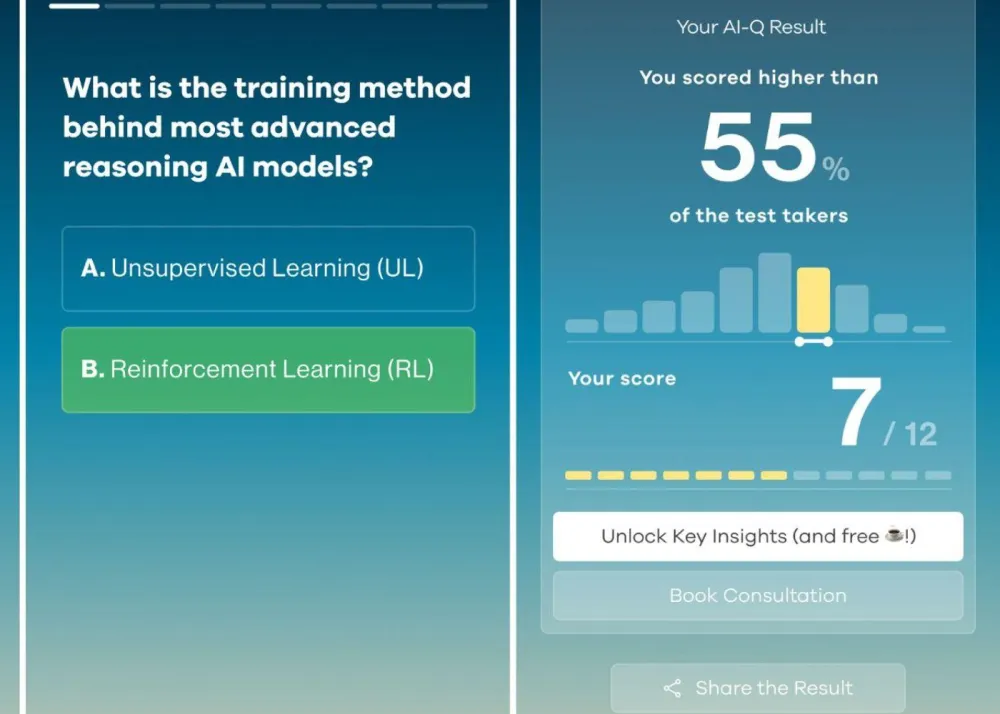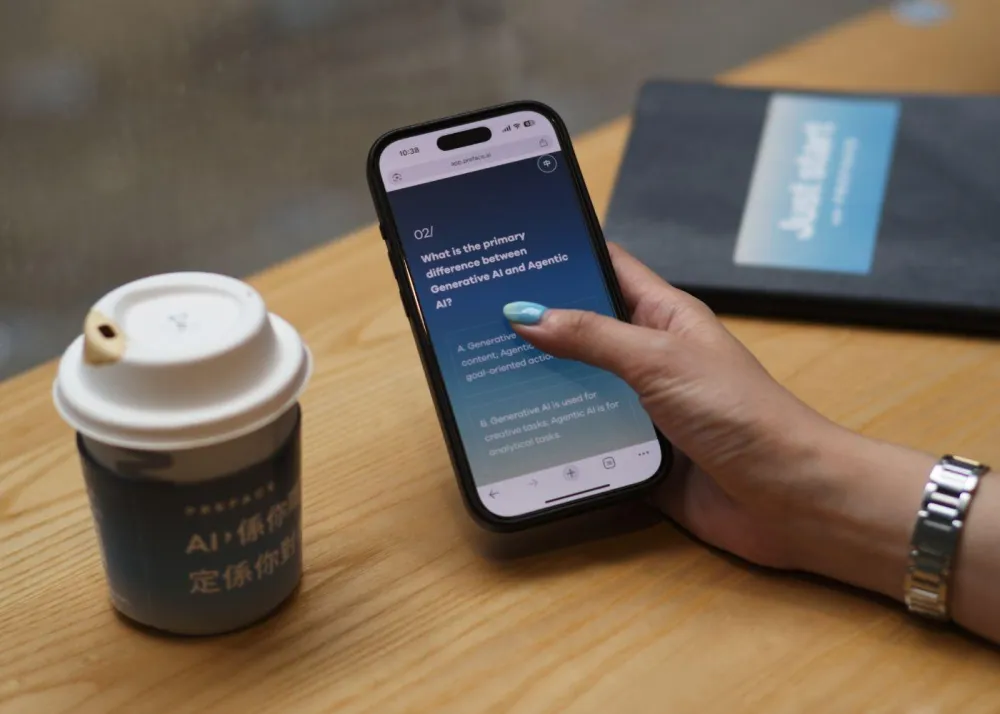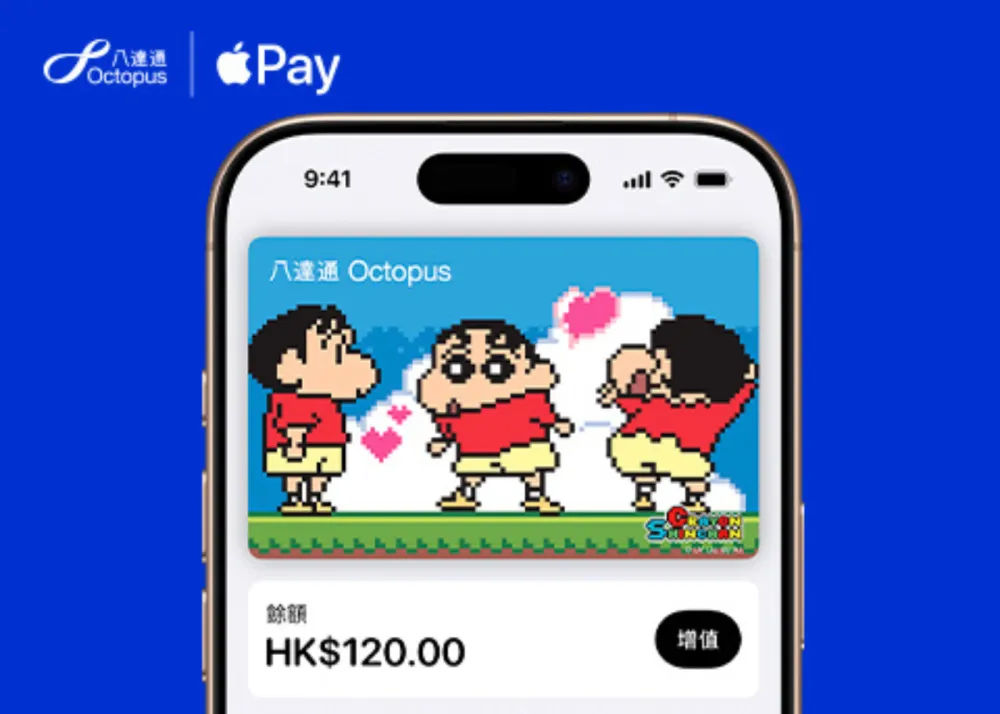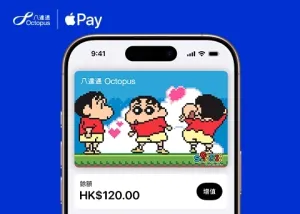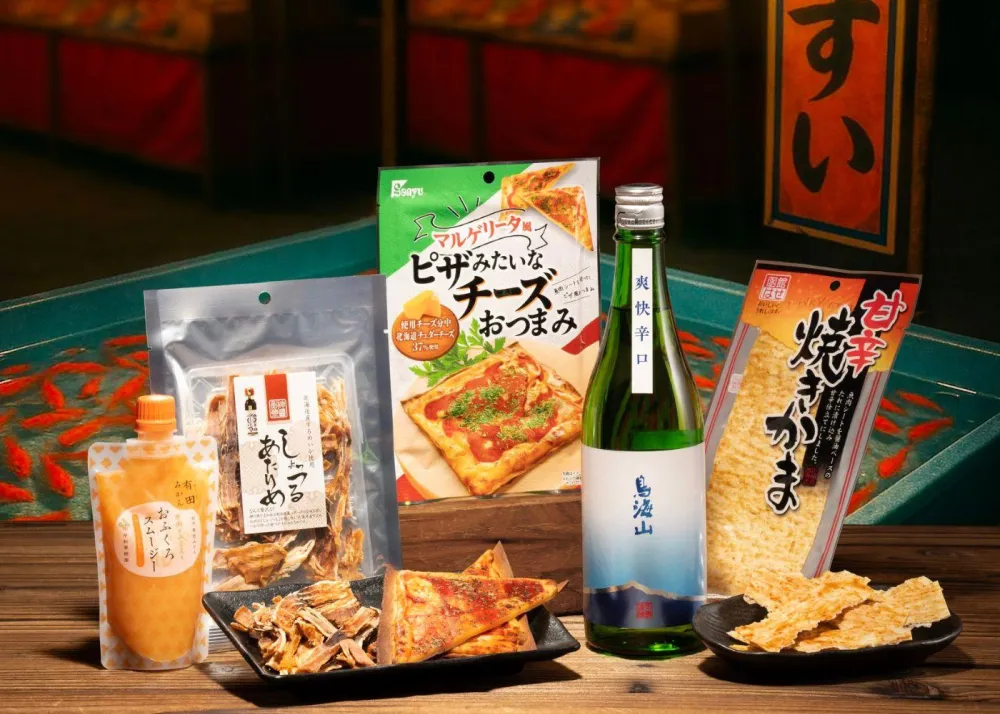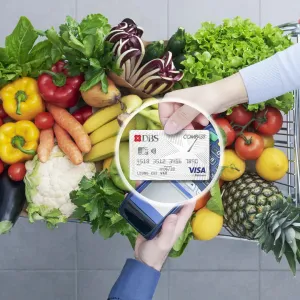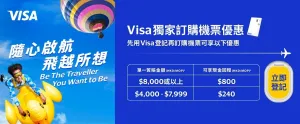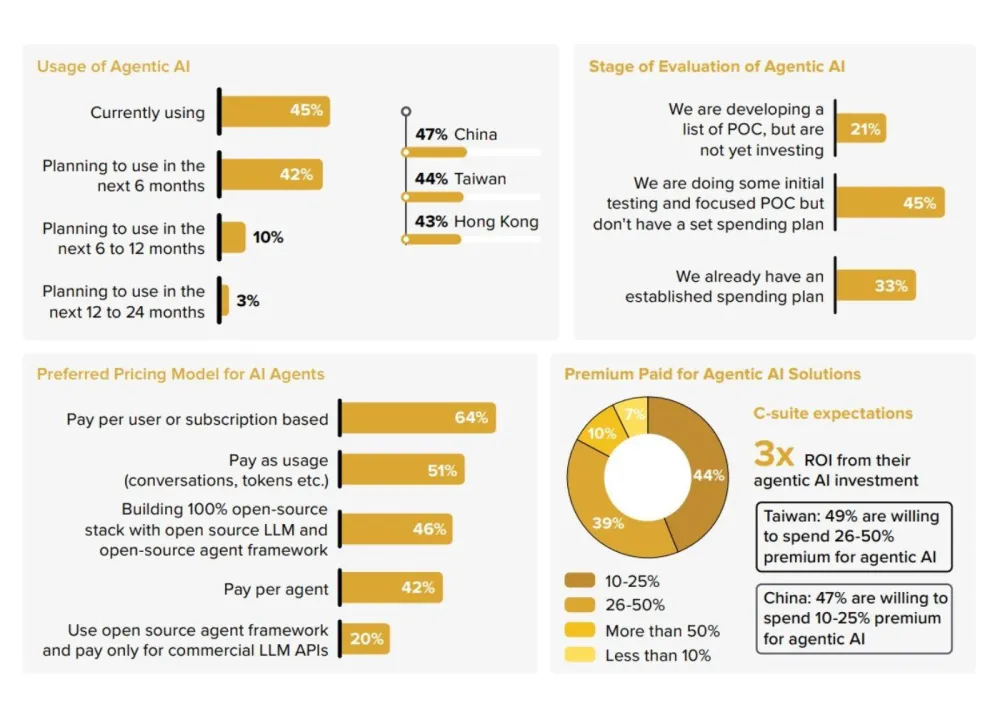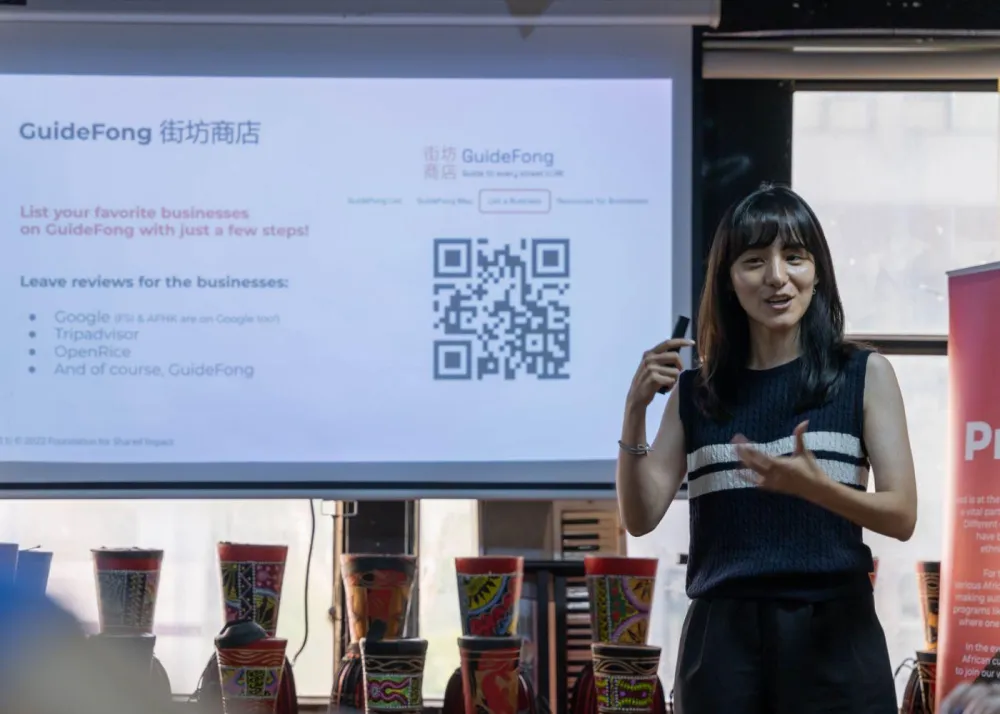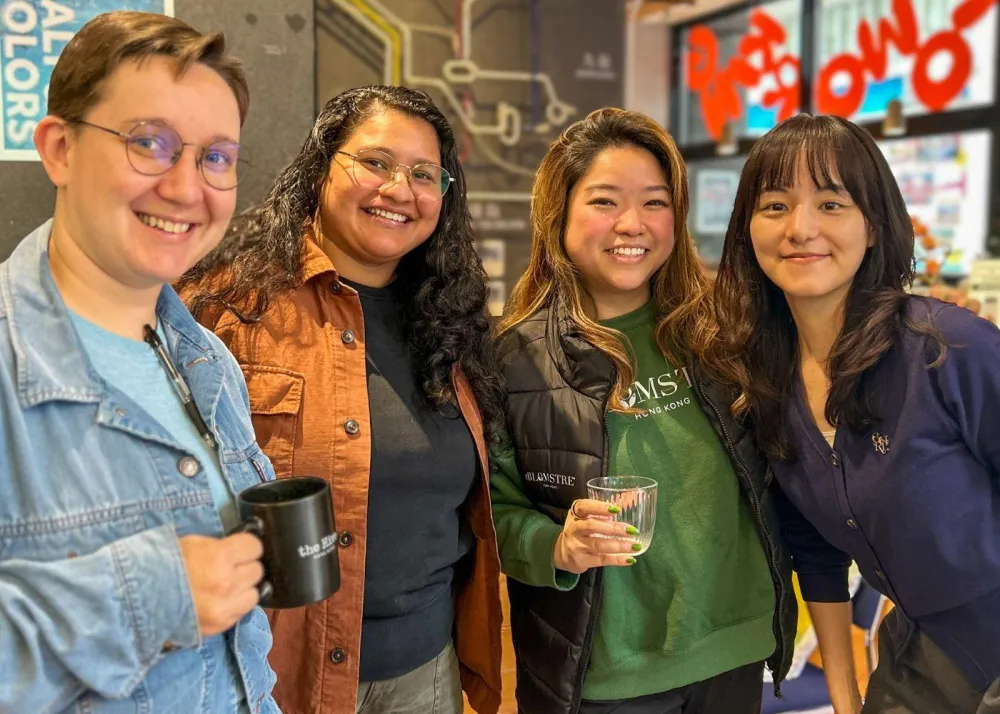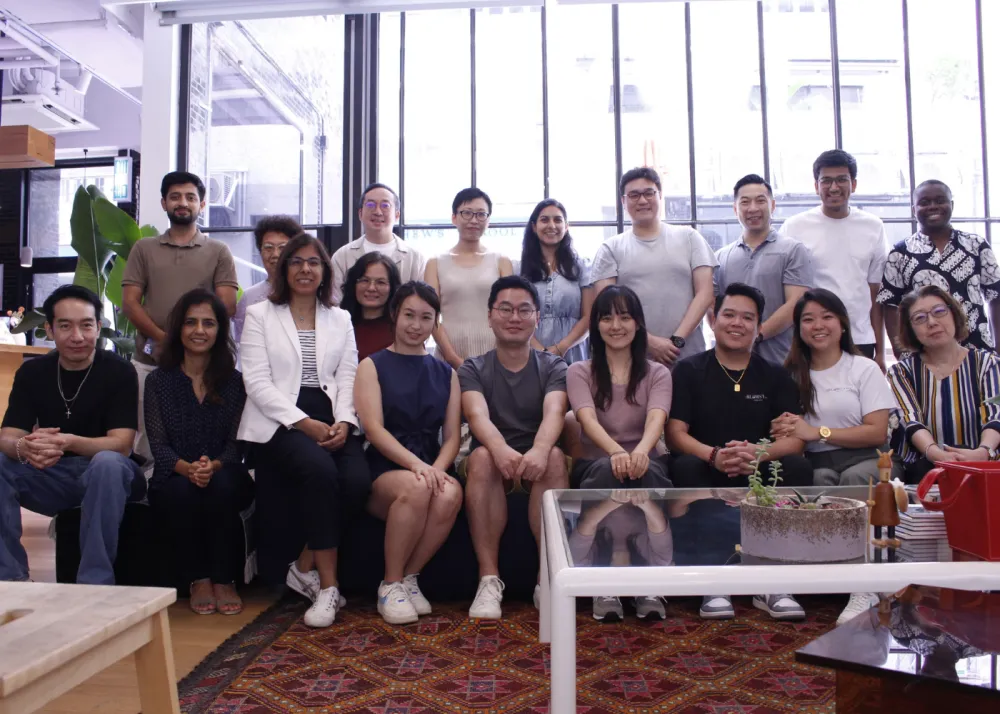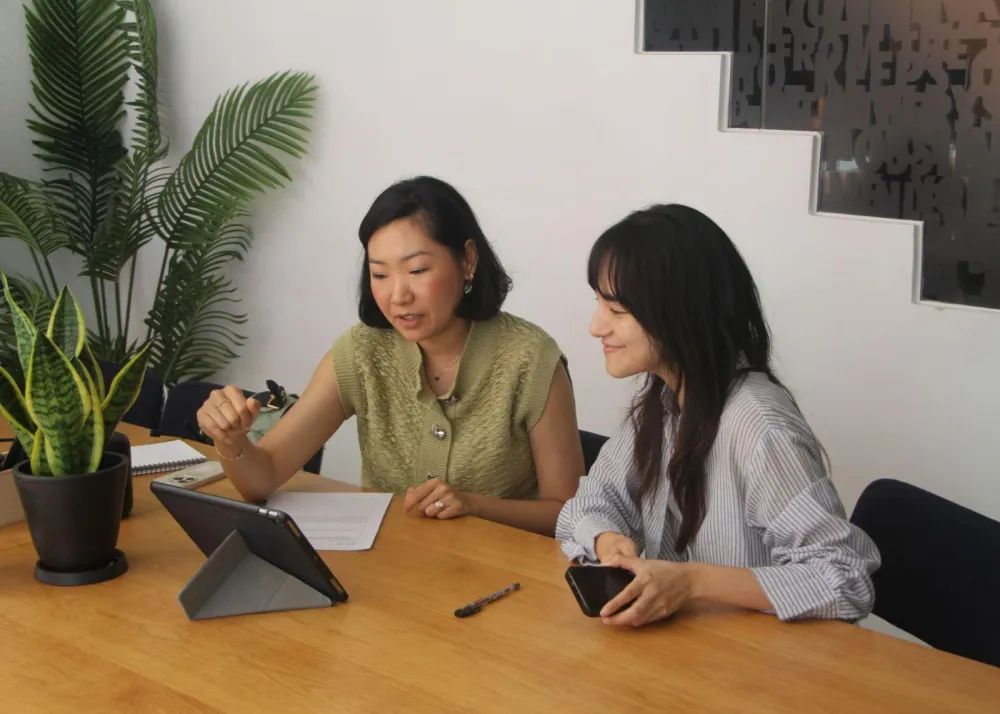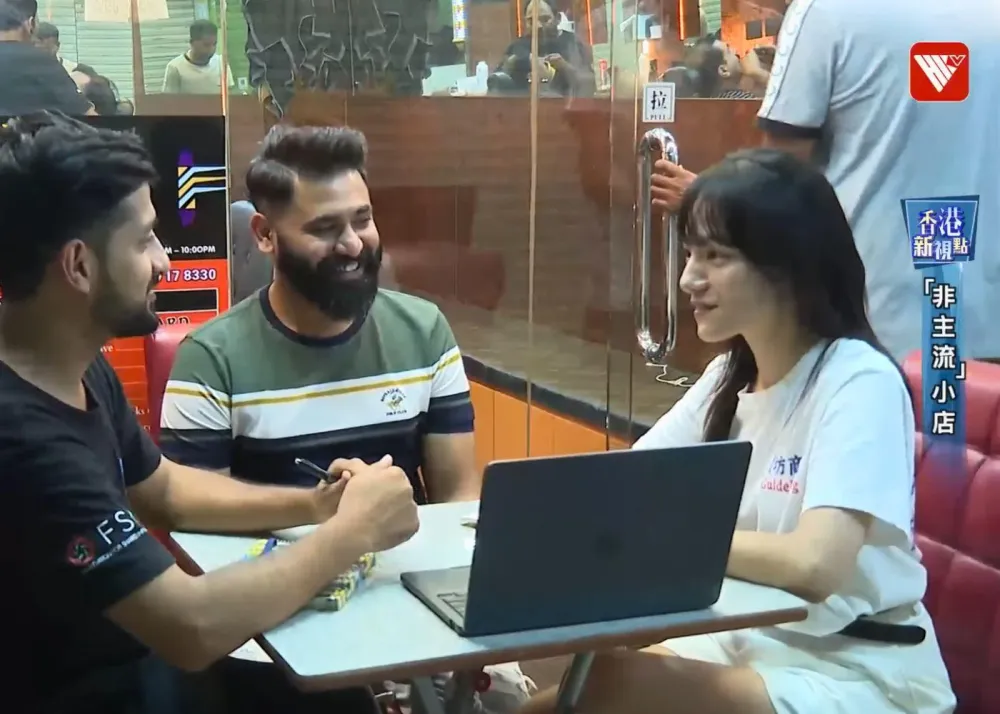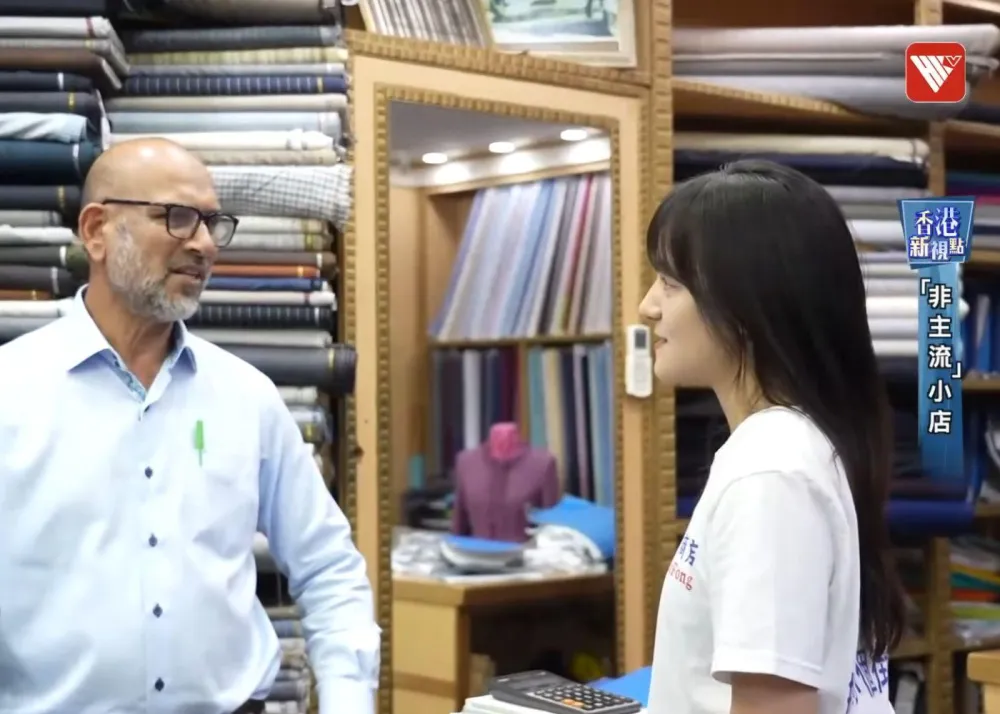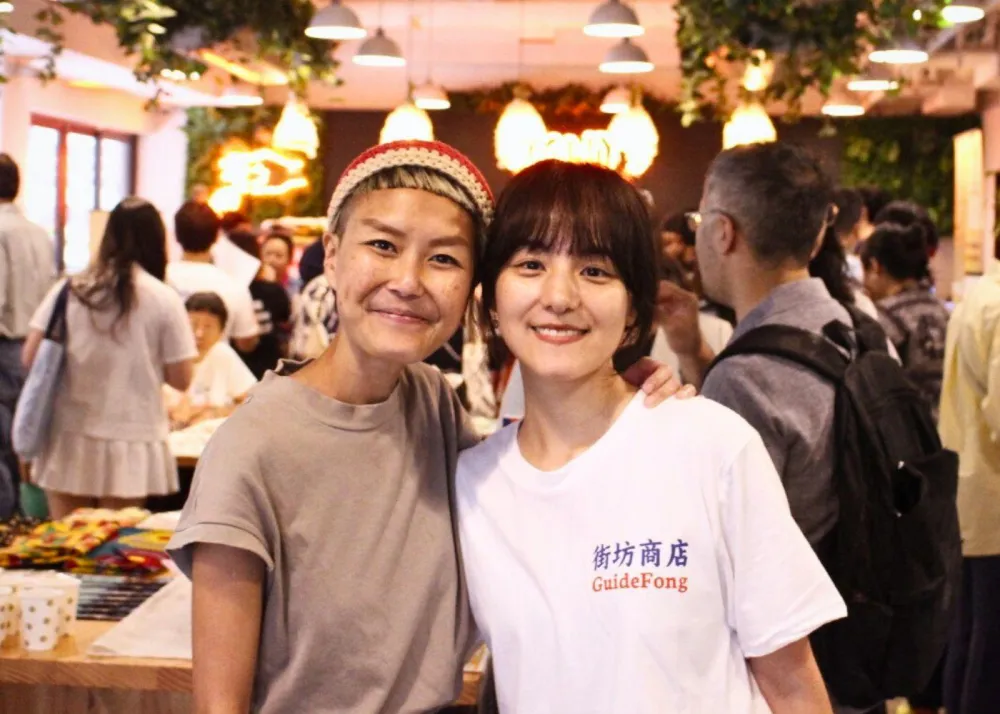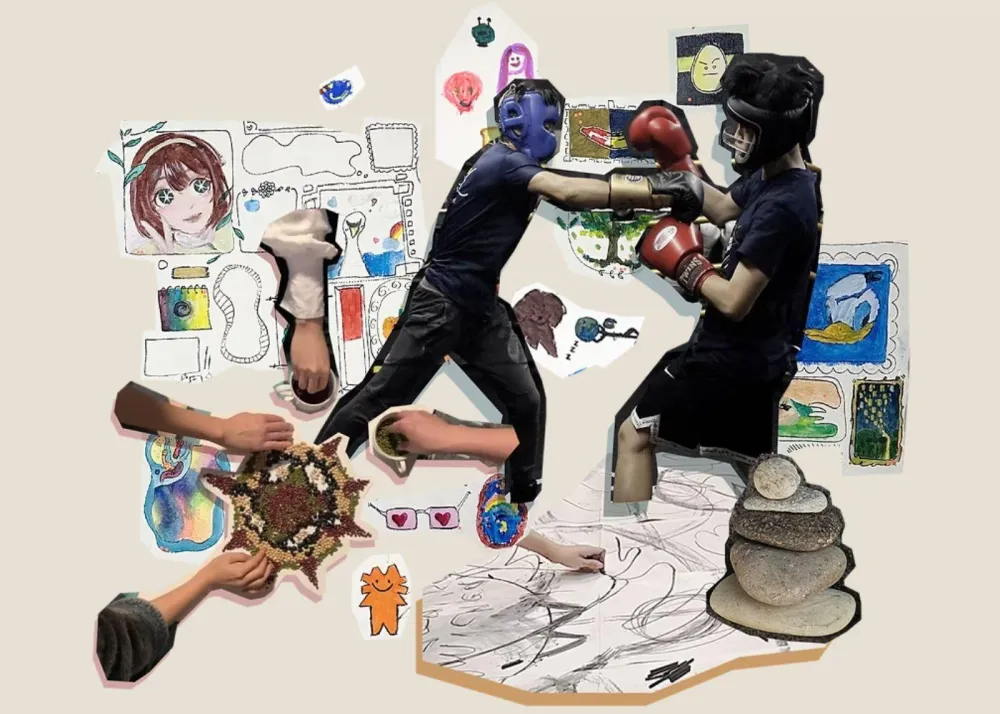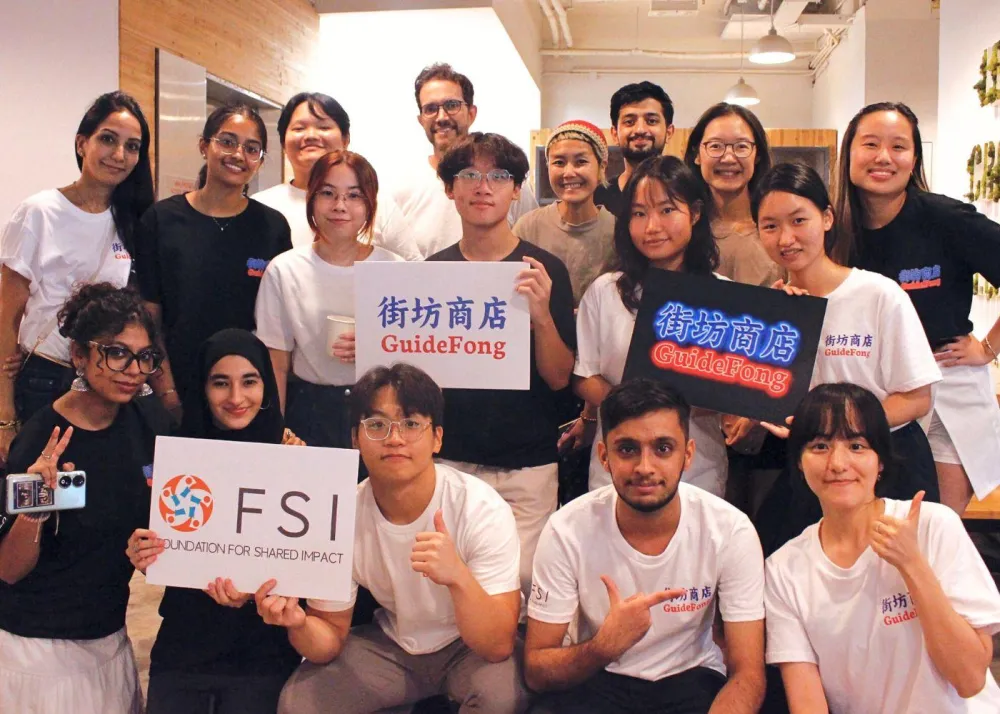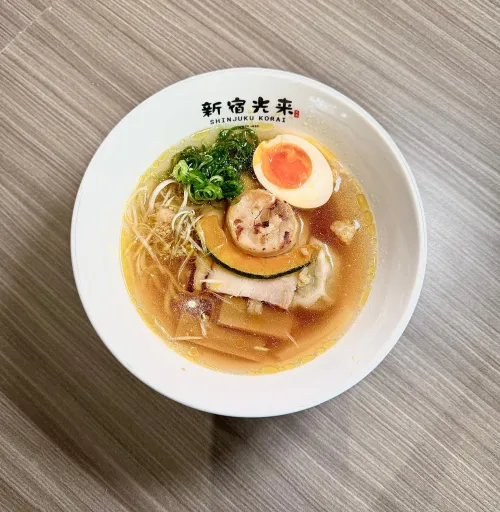Tynna Mendoza, Empowering Migrant Domestic Workers with Financial Literacy

Many migrant domestic workers (MDWs) in Hong Kong are working to provide their families with better opportunities and break away from generational cycles of poverty. Having to leave their homes and loved ones behind to seek employment opportunities across land and sea, these women make up 10% of the city’s labour force yet represent one of the most severely underpaid populations.
A non-profit organization that aims to tackle this problem is Enrich, a charity that has been leading in delivering classes and workshops in financial literacy to empower MDWs to take the first steps in managing and planning their wealth. Beginning as a grassroots movement back in 2007, the group has since grown to provide its educational services to over 60,000 migrant workers in multiple languages and various accessible formats.
Speaking to The Beat Asia, Enrich’s Director of Programmes Tynna Mendoza shares the insights her organization considers crucial when helping to provide MDWs in Hong Kong with the knowhow and skills necessary to be able to afford to live their best lives. Drawing from a wealth of experience amassed from her time working with the Human Rights Commission of the Philippines and her lifelong passion for engaging with minority communities, Tynna highlights the ways the financial space in Hong Kong can offer support and help to MDWs, whose needs have been sidelined for far too long.

Why are women’s rights issues essentially a human rights issue?
Women's rights are human rights because women, as humans, are entitled to the same fundamental rights and freedoms as men. These rights are universal, inherent, and indivisible – applying to all individuals regardless of their gender, race, ethnicity, religion, or any other characteristic.
Recognizing Women's Rights as Human Rights is essential for achieving gender equality and addressing historical and ongoing gender-based discrimination and oppression.
What does financial empowerment mean to you?
Financial empowerment, for me, means having the ability to control one’s financial situation and making informed decisions. Of course, part of it is having the knowledge, skills, resources, and access to opportunities. This includes products and services that enable one to manage money effectively, build wealth, and achieve financial goals. I strongly believe that the key to financial empowerment is financial education.

What have been the biggest challenges you’ve faced so far during your time at Enrich, and how did you overcome them?
The biggest challenge was the pandemic. As a non-profit, we were confronted with many uncertainties. MDWs were experiencing more severe and complicated financial crises and/or mental health concerns.
On top of existing issues, they had to face economic uncertainty due to the loss of jobs and insufficient savings or emergency funds. At the same time, they were still expected to continue sending money to their families amidst increased spending on medical supplies such as masks, test kits, medicine, and other hygiene supplies. They also experienced heightened stress due to longer working hours and increased time in care work.
Staying aligned with our mission to promote the economic empowerment of MDWs, we made a pivot to help address their priority concerns - we switched all our in-person programmes online and offered them free of charge. We adapted to digital platforms to ensure that MDWs still have access to trusted and reliable information.
We organized tailored webinars on topics from coping with the financial impact of COVID-19 to bouncing back and understanding digital financial services. Mindful of job uncertainties, we also piloted a workshop that tackled return and reintegration, essentially preparing an exit plan. To help alleviate financial pressures, we also distributed medical and hygiene packs to the MDW communities across Hong Kong through our partner NGOs.

Why is financial literacy an important skill for women to have?
There are many reasons why financial literacy is an important skill for women to have. One of these is financial empowerment. A woman can become capable of taking control of her finances. The knowledge and skills that she acquires enable her to make informed decisions about managing her money.
Another reason is, financial independence and security. A financially literate woman is self-reliant and less dependent on others for financial support and has the freedom and confidence to make her own financial decisions. This is an important issue that we tackle among our participants, who are mostly the breadwinners of their families. With financial education, MDWs can also empower their family members to become financially literate too!
What may be some financial expectations that women specifically have to bear?
Historically, women have faced systemic barriers and discrimination when it comes to financial inclusion as well as access to credit and investment opportunities. By improving financial literacy among women, these disparities can be reduced, allowing them to participate more fully in the economy and achieve financial equality.
Women often have unique financial needs and challenges, such as longer life expectancies and career breaks due to caregiving responsibilities. Financial literacy provides them with the tools to navigate these challenges effectively and secure their financial future.
It also promotes overall fiscal well-being by fostering responsible financial behaviours, such as good money management habits, avoiding debt traps, and making sound financial choices. With financial literacy, women can better protect themselves against financial fraud, scams, and predatory practices.

How can the financial services industries in Hong Kong improve their financial inclusion for women?
Tailored products and services: financial institutions should develop products and services that cater to the specific needs and preferences of women. This includes offering customized investment options, flexible savings plans, and insurance products that address women's unique life stages and financial goals. Understanding and addressing the specific challenges faced by women, such as career breaks, longer life expectancies, and caregiving responsibilities, can help create more inclusive financial solutions.
In the context of MDWs who find it challenging to set up bank accounts, financial institutions should ease regulations for them or provide alternative ways for them to save and grow their money safely - for example, offering fixed-term deposits or accessible investments. MDWs are usually off work on Sundays, but banks are closed on these days, impacting access. And speaking of access, language is also an important consideration, especially since most of MDWs speak Tagalog, Bahasa Indonesia, Thai, or other South Asian languages.
Another way is to offer accessible, user-friendly, and culturally sensitive digital platforms. Mobile banking apps, online investment platforms, and budgeting tools should be designed with a focus on simplicity, clear and accessible language, and intuitive interfaces, to ensure that women feel comfortable and confident using these services.
For the MDWs in Hong Kong who usually turn to informal or unstructured forms of credit, access to formal credit is crucial. We also need better regulation over existing financial institutions to protect them from predatory lending, for example. Stronger regulations over licensed money lenders charging extortionate rates would be very helpful.

What changes or habits do you hope to instil amongst each participant who joins Enrich’s programme?
Firstly, to plan and save for the future, and become financially independent. We aim for MDWs to completely understand the responsibilities, consequences, and potential risks involved in borrowing money, all whilst enabling them to have awareness of and keep track of their expenses. MDWs should also know and understand the risks, target returns and liquidity of different investment instruments and tools.
It is also important that participants can learn to communicate effectively with family and friends, talking to their family openly about money. The capability to express and communicate any concerns and issues effectively and say no assertively is particularly important.
Lastly, we also teach participants to make informed financial decisions and do research before deciding on an investment tool.
What are some words of encouragement you would like to share with the migrant domestic worker community in Hong Kong?
Financial literacy is a key life skill that can help improve your economic situation and impact the future of your family.
While it is ideal to start early, it is also not too late to begin developing this skill. We have had several participants share that in the past 13 or 20 years or so of working in Hong Kong, they struggled with managing their salaries, but after participating in financial education workshops, they learned a lot of habits - like being more mindful with spending money and communicating well with their families.
To our migrant domestic worker community, who are mostly women and breadwinners: I encourage you to get seriously involved with your finances and talk to your families about it.
As breadwinners, you have control of your income. With financial literacy, you get to protect yourself and your family from complex financial problems and exploitation. You also get to build a life that is financially stable and free, making you capable of achieving your goals.
This interview has been edited for length and clarity.
To learn more about Enrich and support migrant domestic workers to achieve better financial literacy, click here to donate and check out the Enrich HK website here.
Check out the new 'My Extra-Special Aunty' book, which shares a beautiful story of the bond between a foreign domestic worker and the children of the Hong Kong family she takes care of - all proceeds will be donated to Enrich HK and PathFinders Hong Kong in support of migrant domestic workers!
Get the latest curated content with The Beat Asia's newsletters. Sign up now for a weekly dose of the best stories, events, and deals delivered straight to your inbox. Don't miss out! Click here to subscribe.


